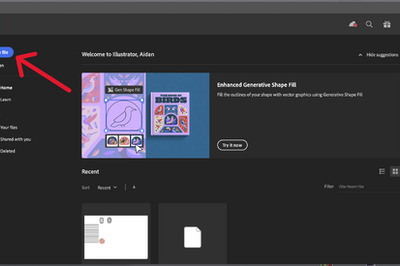
views
New Delhi: With US tightening the norms for issuing the H1B visas, a temporary work visa for foreign workers with a job offer in a specialty occupation, the EB-5 visa is fast gaining popularity as an alternative to it.
The children of high net worth individuals, executives as well as middle class people, are looking at the EB-5 visa as a sure shot chance at a US Green Card, Moneycontrol reported.
"Most people want to invest in EB-5 mainly for their children so they are able to go to the US and stay there and not be dependent on any other visa category," said Andrew Graves, Director of Business Development, U.S. Immigration Fund.
"We're also recently seeing large uptick in current H-1B visa holders where they want their permanent residency, H-1B is just temporary and there's a long lottery so they're opting to go the EB-5 route. Plus the headwinds in the H-1B are not basically going away for the next year or so."
The EB-5 visa has been around for 27 years now, with the minimum investment remaining the same. However, the cost for getting an EB-5 visa is likely to go up and the matter is under Congressional review.
The United States Congress created the EB-5 Program in 1990 to enable high net worth foreign investors to obtain a US visa for themselves and their immediate family. However, the visa is now being increasingly availed by students from different parts of the world.
"China makes up about 80 percent of the overall (EB-5) market. It is so popular that there is a waiting list. In 2016 we had over 14,000 investors from china while India had about 300," Graves said.
India has been slow to take up on the opportunity and stands fifth in terms of countries that invest in the EB-5 visa category, after China, South Korea, Vietnam, Brazil. The most popular industry that EB-5 visa holders invest in is real estate because of “safety of capital” according to Graves.
The strong focus on the vetting process for H-1B and the proposed overhaul of its lottery system, and the dependence on employers is making it an increasingly less lucrative option.
Under the new rules, an IT company that is seeking an H-1B has to demonstrate that the visa beneficiary has an actual work assignment in a specialty occupation for a specific period. Much of the evidence for this has to come from the end client, which becomes cumbersome for the company in terms of administrative work, and also put clients in a sticky position because they could be viewed as a co-employer of the beneficiary. In the latter case, the client would become jointly liable to cover risks related to the H-1B employee.



















Comments
0 comment